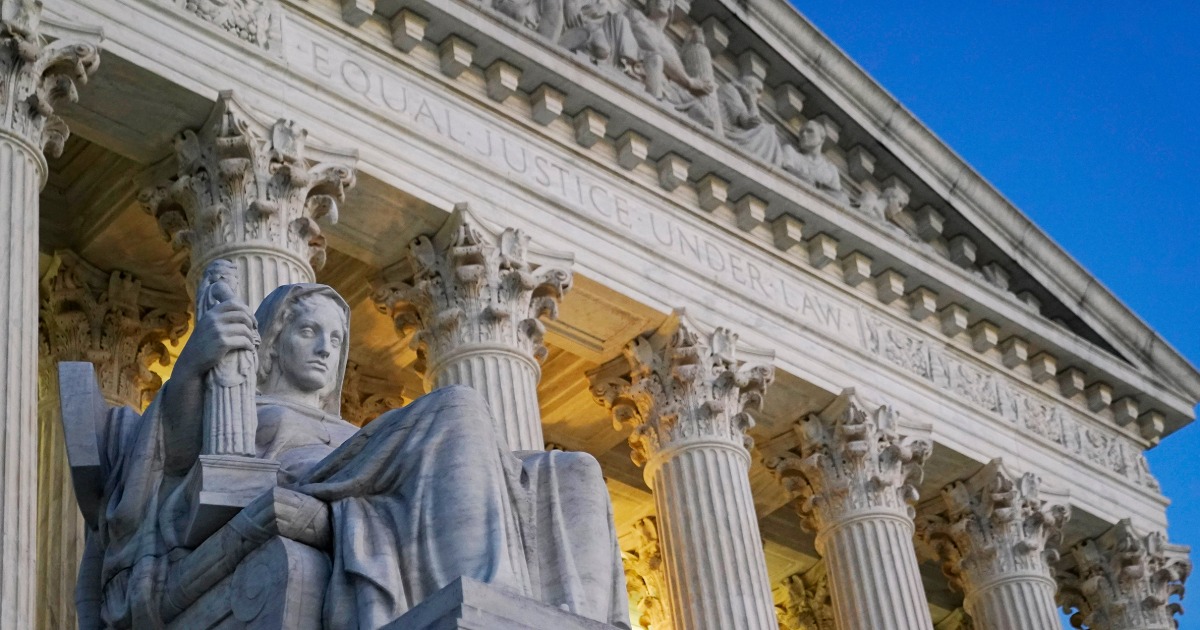Key takeaways:
- The U.S. Supreme Court issued an 8-1 decision siding with an employer in a dispute with a union over a strike.
- The majority opinion argued that the NLRA does not preempt a state court from hearing the case, and that the union had taken affirmative steps to encourage the strike.
- The decision sets a precedent that employers can pursue legal action against unions for property destruction that occurs during a strike, and reinforces the idea that employers have the right to seek damages for any destruction that occurs.
The U.S. Supreme Court issued a decision Thursday siding with an employer in a dispute with a union over a strike. In an 8-1 decision, the majority ruled that federal law does not preempt a lawsuit the employer filed against the union in state court, alleging workers had destroyed property with their work stoppage.
The case involved Glacier Northwest Inc., which sought to pursue a lawsuit against the union in state court over an August 2017 strike in which drivers walked off the job, leaving wet concrete in their trucks. Justice Amy Coney Barrett wrote that a state court was wrong to dismiss the claims at such an early stage in proceedings based on its concern that the claims conflicted with the National Labor Relations Act (NLRA), a federal law that protects union activity.
The majority opinion argued that the NLRA does not preempt a state court from hearing the case, and that the union had taken affirmative steps to encourage the strike, which could be considered property destruction. The opinion also noted that the NLRA does not protect workers from all forms of property destruction, and that the employer had the right to seek damages for any destruction that occurred.
The dissent came from Justice Ketanji Brown Jackson, who wrote that the majority “eagerly insert[ed] itself into this conflict” rather than “modestly standing down” and that the ruling threatens to “erode the right to strike.”
The decision is likely to have a lasting impact on labor disputes, as it sets a precedent that employers can pursue legal action against unions for property destruction that occurs during a strike. It also reinforces the idea that the NLRA does not protect workers from all forms of property destruction, and that employers have the right to seek damages for any destruction that occurs.



Be First to Comment